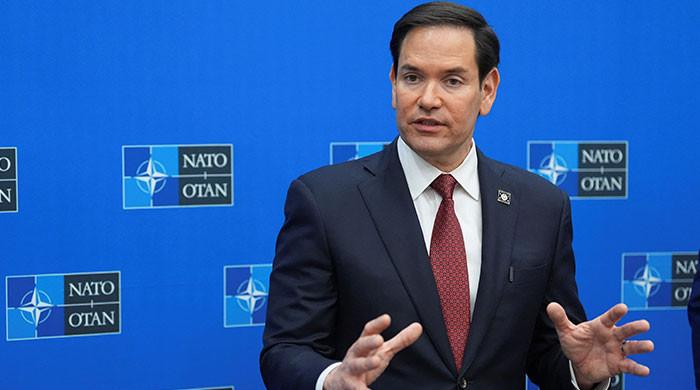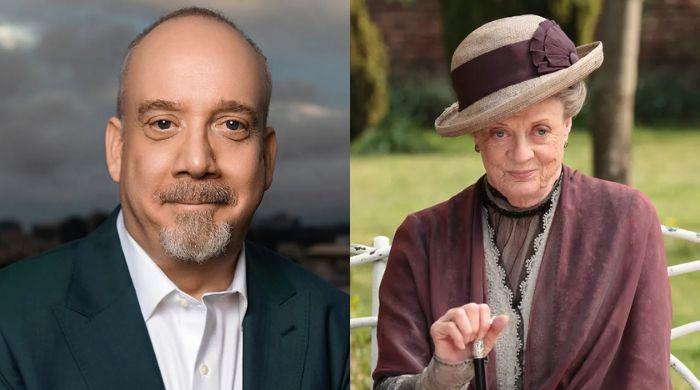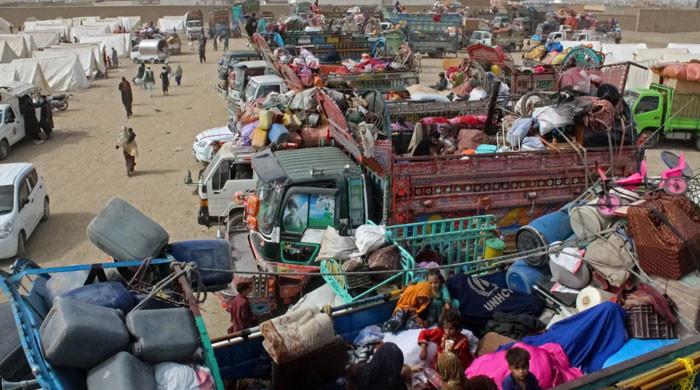
US cancels all South Sudan visas amid repatriation dispute
WASHINGTON: The US has cancelled all visas held by South Sudanese passport holders following a dispute over the country’s failure to accept the return of its nationals deported from the United States.
US President Donald Trump’s administration has taken aggressive steps to ramp up immigration enforcement, including the repatriation of people deemed to be in the US illegally.
The administration has warned that countries that do not swiftly take back their citizens will face consequences, including visa sanctions or tariffs.
South Sudan had failed to respect the principle that every country must accept the return of its citizens in a timely manner when another country, including the US, seeks to remove them, US Secretary of State Marco Rubio said in a statement.
“Effective immediately, the United States Department of State is taking actions to revoke all visas held by South Sudanese passport holders and prevent further issuance to prevent entry into the United States by South Sudanese passport holders,” Rubio said.
“We will be prepared to review these actions when South Sudan is in full cooperation,” he added.
It is time for South Sudan’s transitional government to “stop taking advantage of the United States,” Rubio said.
South Sudan’s embassy in Washington did not respond immediately to a request for comment.
African Union mediators arrived in South Sudan’s capital, Juba, this week for talks aimed at averting a fresh civil war in the country, after its First Vice President Riek Machar was placed under house arrest last week.
South Sudan President Salva Kiir’s government has accused Machar—a longtime rival who led rebel forces during a 2013–18 war that killed hundreds of thousands—of trying to stir up a new rebellion.
Machar’s detention followed weeks of fighting in the northern Upper Nile state between the military and the White Army militia. Machar’s forces were allied with the White Army during the civil war but deny any current links.
The 2013–18 war was fought largely along ethnic lines, with fighters from the Dinka—the country’s largest group—lining up behind Kiir, and those from the Nuer, the second-largest group, supporting Machar.










